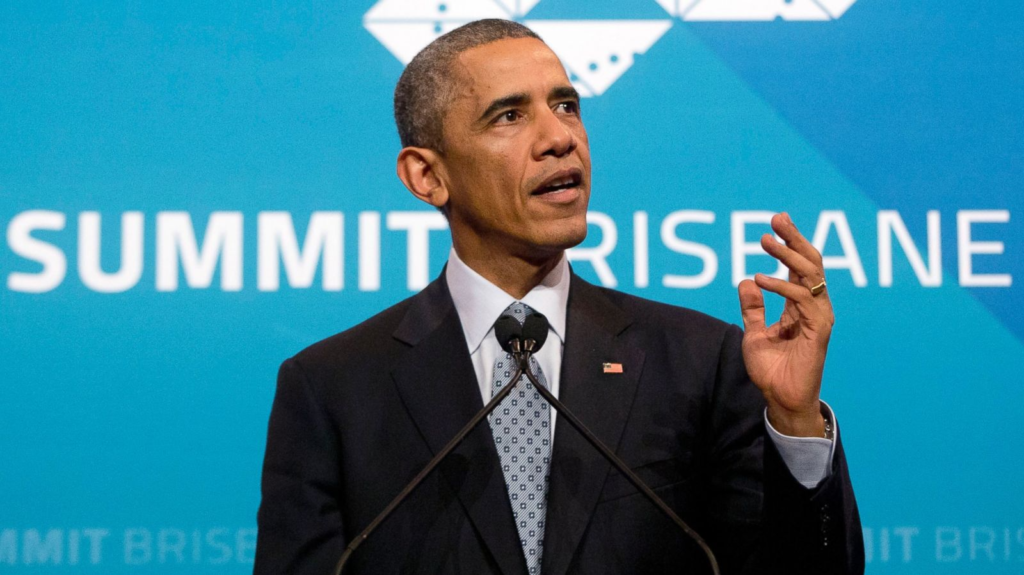
The new immigration law introduced by President Obama aims to bring comprehensive changes to the existing immigration system. This legislation intends to address various aspects of immigration, including border security, undocumented immigrants, family reunification, and skilled workers. The implementation of this law promises to have a significant impact on both immigrants and the overall society. Let’s delve deeper into the key provisions of the new immigration law Obama and explore its potential consequences.
Table of Contents
Border Security Measures Strengthened

The new immigration law Obama emphasizes the enhancement of border security measures to prevent unauthorized entry into the United States. This includes increased surveillance, the deployment of advanced technology, and the hiring of additional border patrol agents. By fortifying the borders, the law aims to create a more secure environment and reduce the inflow of undocumented immigrants. The implementation of these measures will lead to stricter border controls, impacting both immigrants seeking entry and individuals involved in cross-border activities. The objective is to strike a balance between national security concerns and facilitating legal immigration.
Path to Legalization for Undocumented Immigrants

One of the key components of the new immigration law Obama is providing a pathway to legalization for undocumented immigrants already residing in the United States. This provision aims to address the plight of millions of individuals who have been living in the shadows, contributing to society without legal status. The law outlines a set of criteria that undocumented immigrants must meet to qualify for this path to legalization, including background checks, payment of fines, and meeting residency requirements. By offering a way to obtain legal status, the law aims to integrate these individuals into society and foster a sense of inclusivity.
Family Reunification Prioritized
The new immigration law Obama places a strong emphasis on family reunification by streamlining the process for family-based immigration. Under the previous system, long waiting times and complex procedures often resulted in prolonged separation of family members. The revised law seeks to reduce these barriers by expediting visa processing for eligible family members. This provision recognizes the importance of keeping families together and acknowledges the positive impact of family support on the overall well-being of immigrants. By prioritizing family reunification, the law aims to foster stronger family bonds and enhance social integration.
Boosting Opportunities for Skilled Workers
Recognizing the significant contributions of skilled immigrants, the new immigration law Obama seeks to attract and retain highly talented individuals. This provision aims to streamline the visa process for skilled workers, making it easier for them to obtain legal status and contribute to the U.S. economy. By simplifying bureaucratic hurdles and creating more avenues for skilled immigration, the law aims to fill critical gaps in the labor market, drive innovation, and promote economic growth. The focus on attracting skilled workers aligns with the broader goal of ensuring a competitive edge in the global economy and maximizing the potential benefits of immigration.
Strengthening Enforcement Measures

In addition to providing pathways to legalization and prioritizing family reunification and skilled immigration, the new immigration law Obama also seeks to strengthen enforcement measures. This includes enhancing worksite enforcement, cracking down on visa overstays, and targeting criminal elements within the undocumented immigrant population. By bolstering enforcement, the law aims to maintain the integrity of the immigration system, deter illegal activities, and safeguard national security. It also sends a clear message that the immigration process must be respected and followed, while simultaneously providing opportunities for those who wish to navigate it lawfully.
Impact on the Economy and Labor Market
The implementation of the new immigration law Obama is expected to have a significant impact on the U.S. economy and labor market. By providing pathways to legalization for undocumented immigrants and streamlining the process for skilled workers, the law aims to address labor shortages and boost economic productivity. The integration of undocumented immigrants into the legal workforce can lead to increased tax contributions and consumer spending, providing a positive stimulus to the economy. Furthermore, attracting highly skilled immigrants can fill critical gaps in sectors requiring specialized knowledge, fostering innovation and competitiveness. However, the actual impact will depend on the successful implementation and enforcement of the law.
Social and Cultural Implications
The new immigration law Obama is likely to have social and cultural implications for American society. By offering a path to legalization for undocumented immigrants, the law recognizes their contributions and seeks to foster a more inclusive society. This provision can lead to increased social cohesion and diversity, enriching the cultural fabric of the United States. However, it may also generate debates and challenges related to assimilation, cultural differences, and social integration. The success of the law in promoting understanding and acceptance will depend on effective community engagement, education, and efforts to bridge divides.
Political Considerations and Public Opinion
The implementation of the new immigration law Obama is subject to political considerations and public opinion. Immigration has been a highly debated topic, and opinions vary widely across the political spectrum. While the law aims to strike a balance between security concerns and humanitarian considerations, it may face opposition from those advocating for stricter immigration policies or a different approach to reform. Public perception and sentiment can influence the enforcement and implementation of the law, highlighting the importance of constructive dialogue and informed policymaking.
Conclusion
The new immigration law introduced by President Obama represents a comprehensive effort to address the various dimensions of immigration. By focusing on border security, pathways to legalization, family reunification, and skilled immigration, the law aims to shape a more inclusive and secure society. The impact of this legislation on the economy, labor market, social fabric, and political landscape will unfold over time. Successful implementation will require effective enforcement, public engagement, and ongoing evaluation of the law’s outcomes. As the nation navigates the complex terrain of immigration reform, finding common ground and promoting understanding remain essential for a cohesive and prosperous future.
Learn about: Unveiling the hidden dangers: Dive into the jaw-dropping world of celebrity extreme weight loss methods and their shocking consequences.






